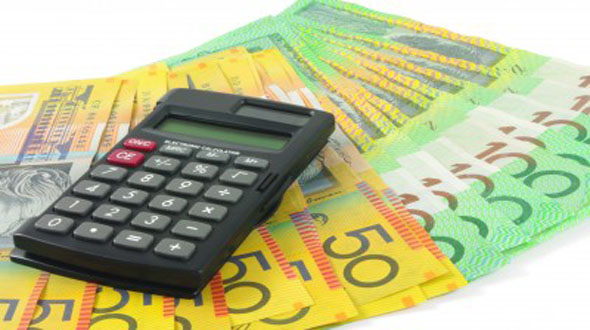Your page is being printed

Money Matters
There is no doubt that Australia is a great place to combine a quality education with an outstanding quality of life.
As an international student, you must pay some of your tuition fees up-front.
Aside from tuition fees, some institutions may also charge for other student costs, such as library, laboratory or sports facility costs. Excursions, books and stationery are other costs to consider, and your course may also require specific essential materials, such as lab coats or photographic supplies.
Tuition fees are paid at the beginning of your course (before registration at least 50% is needed although you may be needed to pay a deposit before you even apply for your visa in your home country)
The following table gives an indication of cost:
| Foundation Studies |
A$9,000 to 14,000 |
|
Undergraduate |
A$20,000 to 45,000 |
|
Postgraduate |
A$22,000 to 50,000 |
International students are required to show evidence that they can contribute to the cost of living and studying in Australia. This helps to ensure students are better able to make the most of their studies and have a safe and enjoyable experience in Australia.
The minimum living costs required are set down by the Australian Government. See http://www.studyinaustralia.gov.au, and consult your local BCIE office.
Australians enjoy one of the highest standards of living in the world - but it can be expensive for students. International students living in Australia need between 1,400 and 2,500 AUD/month to cover all their living expenses, including accommodation, food, and social activities. Remember this figure depends on your location, lifestyle and even your course.
You can also use a cost of living calculator to determine how much money you need if you want to study in Australia.
The following is a guide for the things you need to budget for:
- accommodation; will vary depending on the type of accommodation (private rental excludes heating, lighting, electricity and, in some cases, water rates)
- food
- books and photocopying
- clothes and toiletries
- entertainment and sports will vary depending on your interests
- travel expenses, phone calls, birthday presents and additional course costs
When you first arrive in the Australia it is advisable to take some money in the form of currency notes and some Traveller's cheques.
Make arrangements to have your money transferred to your account in a bank in your home country, which can later be transferred to your new bank account in Australia.
Make sure you apply for your Student ID Card as many local shops, theatres, cinemas, museums give discounts and special fare prices are available on buses and trains.